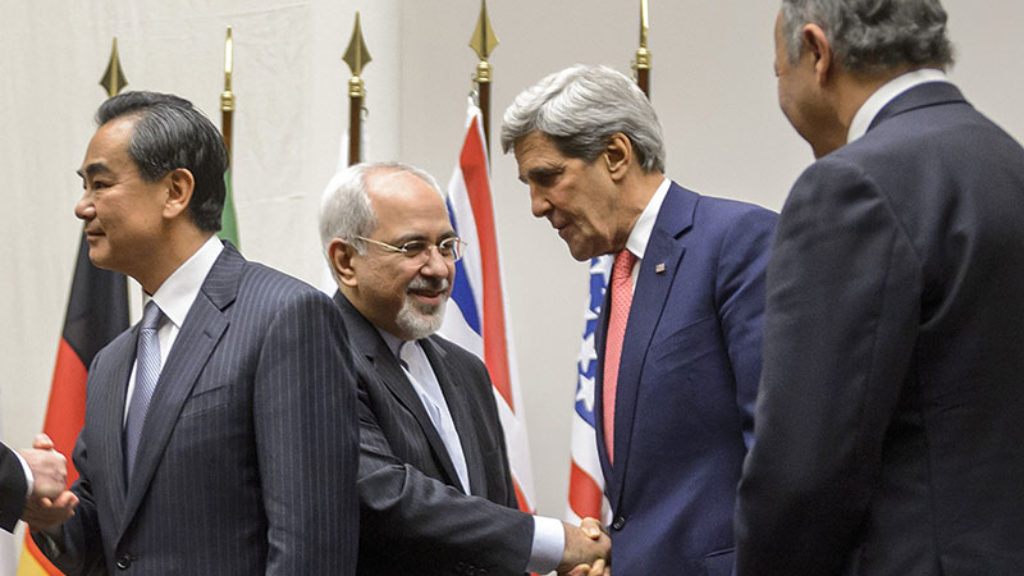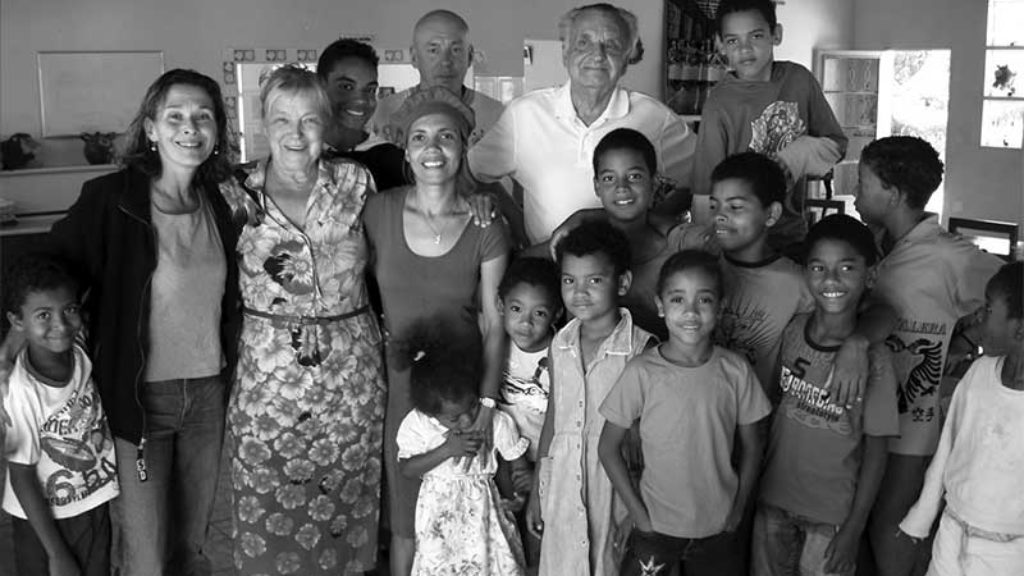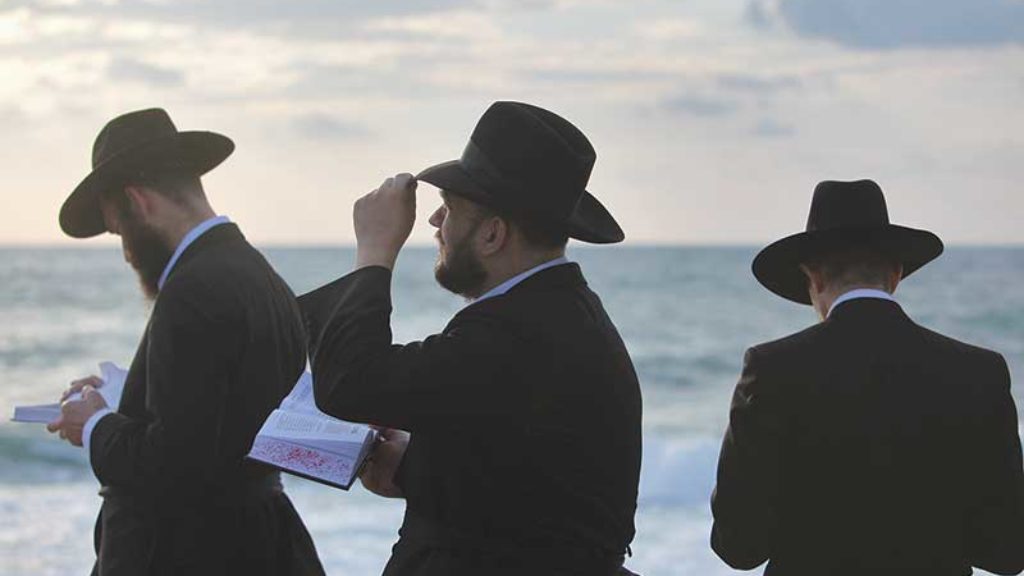Letters, Spring 2017
Uninspired Cousins and Jewish Excellence, The Menorah and Its Flame, A Joke Retold, Romcom, and Remembering Salonica
Mystical Teachings Do Not Erase Sorrow
In Yehoshua November’s new collection, however, it turns out that the difficulties of being a Jewish poet do not primarily flow from being either Jewish or a poet but from the underlying difficulties of life itself.
Of Memory, History—and Eggplants
Tension between the quotidian on the one hand and an abiding reserve and unease on the other—is palpable throughout Saul Friedländer’s new memoir.

Of Spies and Centrifuges
Jay Solomon traces decades of spy games between the United States and Iran, a conflict, he writes, “played out covertly, in the shadows, and in ways most Americans never saw or comprehended.”
On the Importance of Booing Mayne Yiddishe Mame
How did Zionist elites create a new national identity for rank and file members whose ideals did not match their own?
Ready to Wear
Textiles can tell the story of how modernity, for all its many blessings, often erases the practices and values of the collective, celebrating the individual at the expense of community and novelty or fashion at the expense of tradition.
The Exilarch’s Lost Princess
In real life, or as much of it as historians can reconstruct, Septimania was a name for the region of southern France that included the Jewish populations of such venerable cities as Carcassonne, Narbonne, and Toulouse. Jonathan Levi leans on the most delightfully far-fetched version of these events in his latest novel.

The Great Family Circle
Eliezer Ben-Yehuda, “the father of modern Hebrew,” famously raised his own son to be the first child in almost 2,000 years to speak only Hebrew. When Itamar Ben-Avi grew up, he was fascinated by . . . Esperanto. Esther Schor’s new book on L. L. Zamenhof, his would-be universal language, and those who still speak it inspired Stuart Schoffman to revisit the oddly parallel careers of Ben-Yehuda and Zamenhof.
The Sephardic Mystique
In the late 18th century, an ardor for ancient Greek art and literature swept through German letters. German Jews were not immune, yet during the same period, they also devoted themselves to recovering the linguistic, artistic, and literary heritage of medieval Sephardic Jewry.

“Repent, Repent”
In his new book, How Repentance Became Biblical: Judaism, Christianity, and the Interpretation of Scripture, David A. Lambert argues that repentance, as we understand it today, is absent from the Hebrew Bible.